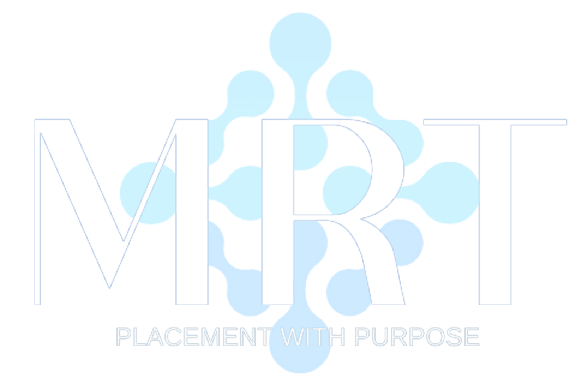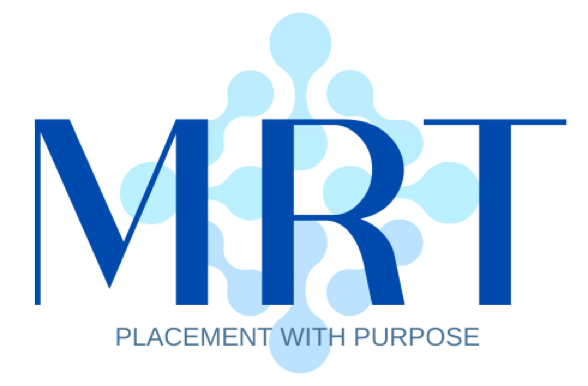February 9, 2022
Interview Dos and Don’ts
“Tell me what you know about us?” – “I do not know. I got busy.” This is a common interaction in an interview and is a MAJOR red flag for interviewers. Interviews can be overwhelming, but there are dos and don’ts that can help guide you along.
At MRT, we provide candidates with a toolkit to help them prepare, and wanted to elaborate that further. Your resume is the first thing that recruiters and hiring authorities will see, but if you do not have a successful interview, your resume will mean nothing.
The Three-Step Process
After preparing yourself for the interview and doing your research, it is time to practice. How will you handle the interview? What questions do you have? What are you fearful of? All of this can be solved with a proper interview process. Looking at the interview as three steps; introduction, conversation, and close, can be a great way to make the interview less overwhelming.
The Introduction
First impressions are everything. Bottom line, if you did not do research on the company (their products, services, culture, mission, and values) you are not getting the job.
When walking into the meeting, be confident. Do not wave, say “what’s up” or “nice to meet ya”. Introduce yourself, shake their hand (or now with COVID, fist bumps are acceptable. Exchange subtleties and break the ice. For example, comment on a picture in their office. Start the interview on the right foot and remember it does not have to be cold and serious.
The Conversation
Now that the immediate introduction is done and your nerves are calming, prepare for the questions. Take a deep breath, have proper body language, and think of your resume. Be prepared to elaborate on your answers – use FAB. FAB stands for Feature, Accomplishment, Benefit which guides you in forming your responses.
For example, a response to knowing specific machinery could be “I used that new machinery (feature) to send out new materials in 5 fewer days (accomplishment) which allowed us to save 7% on overhead expenses (benefit)”.
Make sure you have results and how you measured your accomplishments. You need to know your resume and have the stories to back it up. If asked about anything on your resume, you should be an expert. Your resume is not just buzz words, but a reflection of what you know, and data-driven results.
The Close
Lastly, take your time to close. Do not rush this process even after the length of the question-and-answer section. It is important for you to have questions ready for the interviewer:
- How is success measured in this role?
- Who will I be working directly with?
- What advice would you give a person starting this role?
- What do consider the challenges to be for this position?
And MOST important…
- Do you have any concerns on why I would not be efficient in this role?
This final question allows you to gain feedback and gives you an opportunity to clear up any misunderstandings they may have or elaborate on your skills.
Before you leave, thank them for their time, ask for their business card, and exit… do NOT end with “I hope to hear back from you”.
Interviews are daunting, but if you view them as a way where both parties are getting to know more about each other, it becomes less intimidating. You need to do your research and ask questions just as much as the interviewer does. If you are properly prepared, you will ace it. Never hesitate to reach out to any of our recruiters for help and tips for your upcoming interview.


